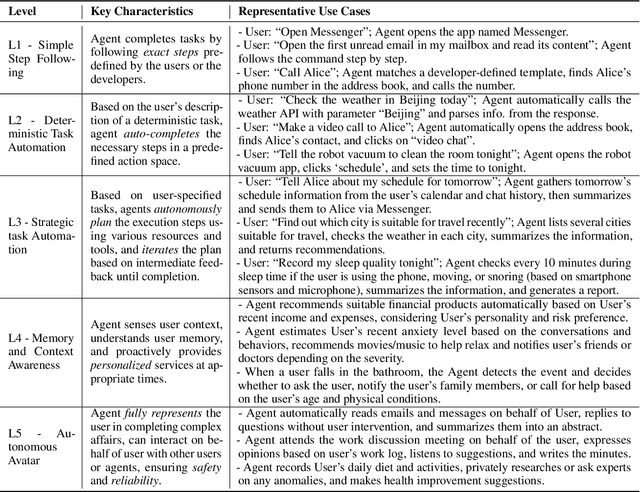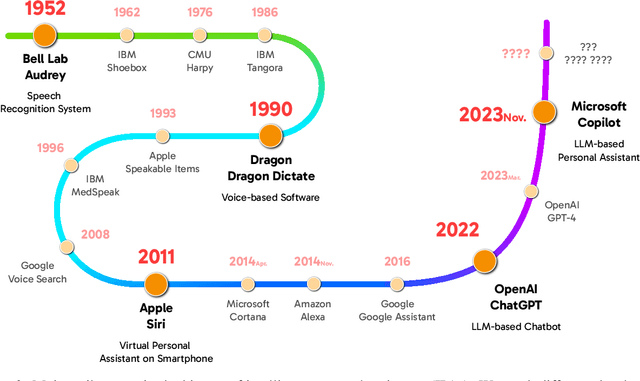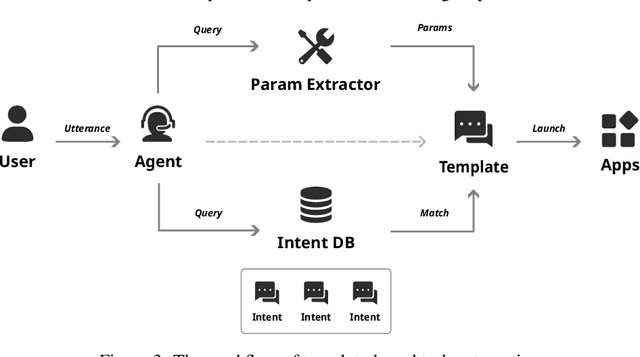Hanfei Geng
Data Center Cooling System Optimization Using Offline Reinforcement Learning
Jan 25, 2025



Abstract:The recent advances in information technology and artificial intelligence have fueled a rapid expansion of the data center (DC) industry worldwide, accompanied by an immense appetite for electricity to power the DCs. In a typical DC, around 30~40% of the energy is spent on the cooling system rather than on computer servers, posing a pressing need for developing new energy-saving optimization technologies for DC cooling systems. However, optimizing such real-world industrial systems faces numerous challenges, including but not limited to a lack of reliable simulation environments, limited historical data, and stringent safety and control robustness requirements. In this work, we present a novel physics-informed offline reinforcement learning (RL) framework for energy efficiency optimization of DC cooling systems. The proposed framework models the complex dynamical patterns and physical dependencies inside a server room using a purposely designed graph neural network architecture that is compliant with the fundamental time-reversal symmetry. Because of its well-behaved and generalizable state-action representations, the model enables sample-efficient and robust latent space offline policy learning using limited real-world operational data. Our framework has been successfully deployed and verified in a large-scale production DC for closed-loop control of its air-cooling units (ACUs). We conducted a total of 2000 hours of short and long-term experiments in the production DC environment. The results show that our method achieves 14~21% energy savings in the DC cooling system, without any violation of the safety or operational constraints. Our results have demonstrated the significant potential of offline RL in solving a broad range of data-limited, safety-critical real-world industrial control problems.
Personal LLM Agents: Insights and Survey about the Capability, Efficiency and Security
Jan 10, 2024



Abstract:Since the advent of personal computing devices, intelligent personal assistants (IPAs) have been one of the key technologies that researchers and engineers have focused on, aiming to help users efficiently obtain information and execute tasks, and provide users with more intelligent, convenient, and rich interaction experiences. With the development of smartphones and IoT, computing and sensing devices have become ubiquitous, greatly expanding the boundaries of IPAs. However, due to the lack of capabilities such as user intent understanding, task planning, tool using, and personal data management etc., existing IPAs still have limited practicality and scalability. Recently, the emergence of foundation models, represented by large language models (LLMs), brings new opportunities for the development of IPAs. With the powerful semantic understanding and reasoning capabilities, LLM can enable intelligent agents to solve complex problems autonomously. In this paper, we focus on Personal LLM Agents, which are LLM-based agents that are deeply integrated with personal data and personal devices and used for personal assistance. We envision that Personal LLM Agents will become a major software paradigm for end-users in the upcoming era. To realize this vision, we take the first step to discuss several important questions about Personal LLM Agents, including their architecture, capability, efficiency and security. We start by summarizing the key components and design choices in the architecture of Personal LLM Agents, followed by an in-depth analysis of the opinions collected from domain experts. Next, we discuss several key challenges to achieve intelligent, efficient and secure Personal LLM Agents, followed by a comprehensive survey of representative solutions to address these challenges.
 Add to Chrome
Add to Chrome Add to Firefox
Add to Firefox Add to Edge
Add to Edge